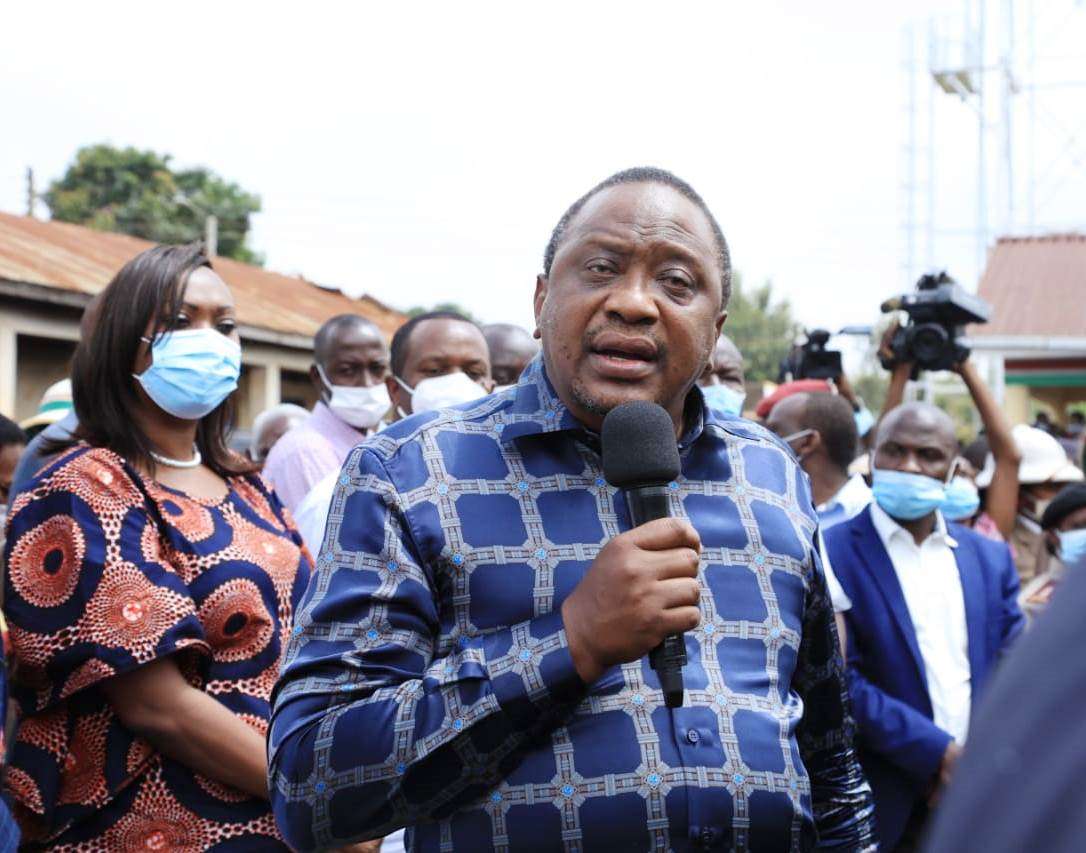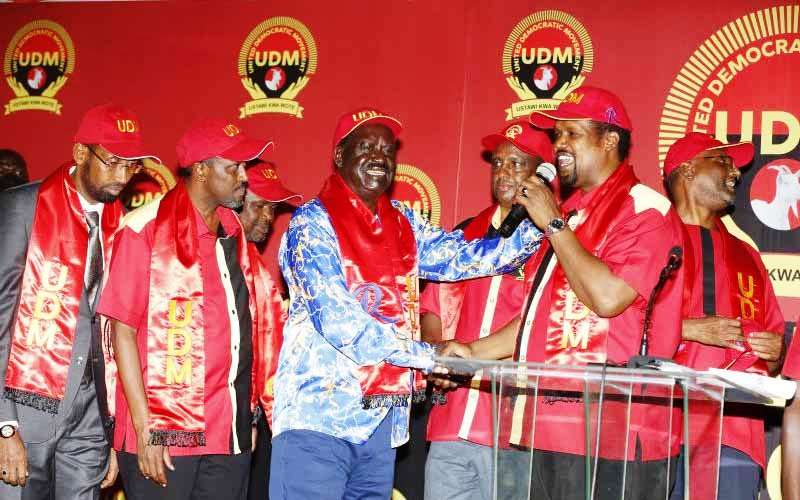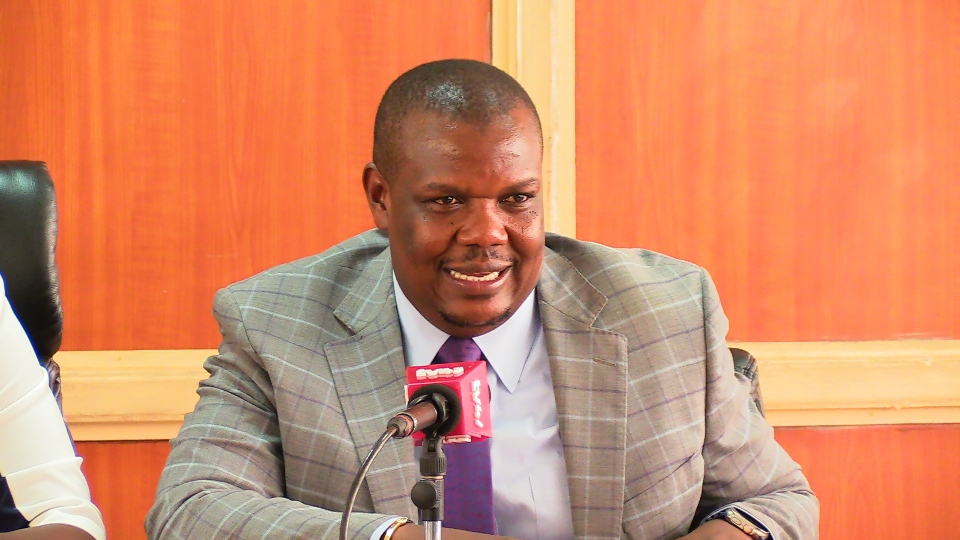By TWV Political Correspondent
Former President Uhuru Kenyatta is leading efforts to rejuvenate the Jubilee Party, aiming to restore its dominance ahead of Kenya’s 2027 General Election. The party, which ruled from 2013 to 2022, has weakened due to defections to President William Ruto’s United Democratic Alliance (UDA) and the emergence of new parties, such as the Democracy for the Citizens Party (DCP), linked to former Deputy President Rigathi Gachagua.
Founded in 2012 as The National Alliance (TNA), Jubilee rose to power under Kenyatta’s leadership, forming the Jubilee Alliance with Ruto’s United Republican Party (URP) and winning the 2013 election. Recent moves indicate Kenyatta is determined to revive the party through leadership changes, grassroots mobilization, and reclaiming lost influence.
A key change involves Jubilee Secretary General Jeremiah Kioni, a Kenyatta ally, who may be replaced due to reported internal disagreements. Potential successors include Embakasi West MP Mark Mwenje, a Kenyatta loyalist, and former Nyeri Town MP Ngunjiri Wambugu, who recently rejoined Jubilee after defecting to Kenya Kwanza in 2022. Wambugu’s return is seen as a strategic move to counter Gachagua’s influence in the Mount Kenya region.
The revival plan has sparked speculation, with former Cabinet Secretary Moses Kuria, now a Ruto advisor, commenting on Jubilee’s internal affairs and hinting at interest in the Secretary General role. Kioni dismissed Kuria’s remarks, noting party elections are scheduled for 2028.
Analysts view Jubilee’s efforts as part of a broader political realignment for 2027, with Kenyatta’s active return raising questions about the Azimio coalition, opposition dynamics, and Kenya’s political landscape. While Jubilee’s ability to regain its former strength is uncertain, Kenyatta’s moves signal a determined bid to shape the country’s future. A Jubilee insider stated, “The battle for 2027 has begun, and Jubilee will not be sidelined.”





